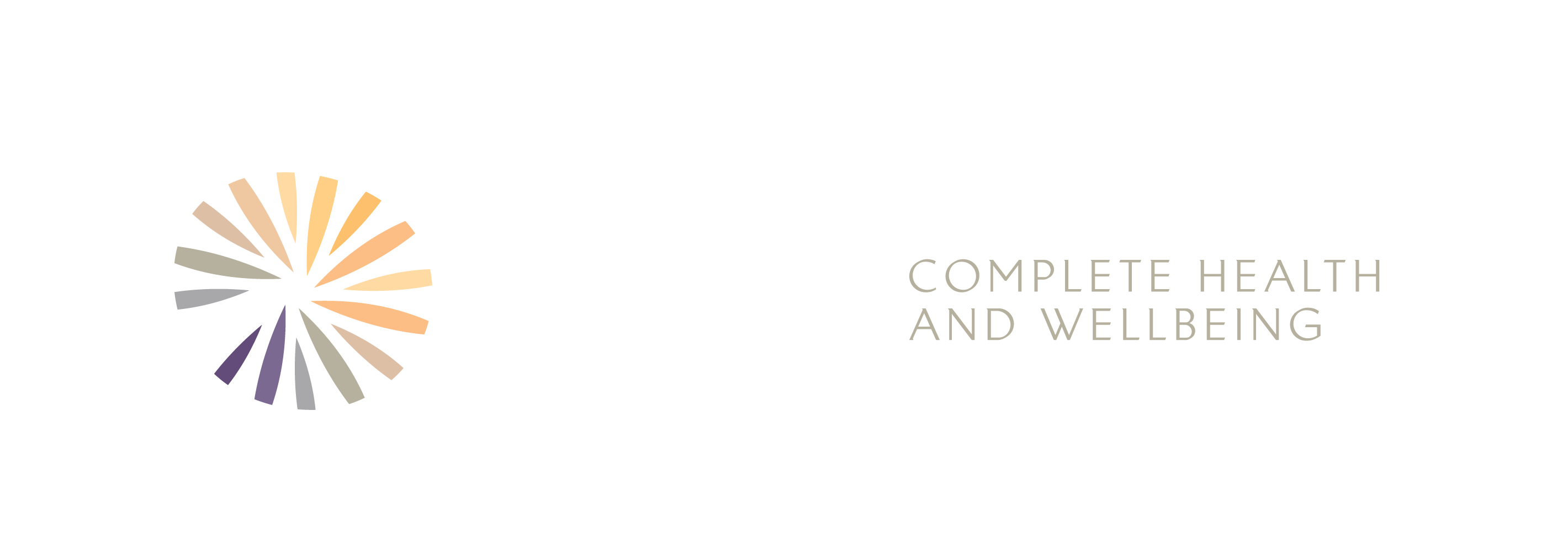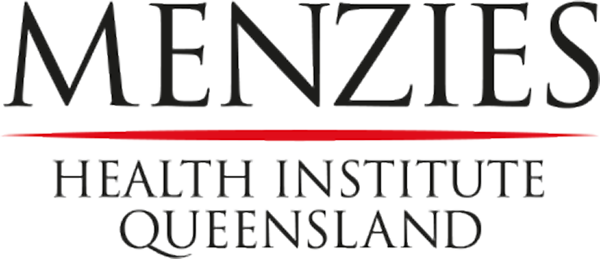Following the success of the Women’s Wellness after Cancer Program (WWACP) trials in Australia, Professor Sandie McCarthy had the opportunity to take Women’s Wellness outside of Australia when she took up a position at the University of Auckland back in 2017. We talked to Professor McCarthy about why there was a need for Women’s Wellness programs overseas and how the programs have been translated to be culturally appropriate and successful in different countries and regions.
What was the impetus for translating the programs for different cultures?
In 2017 I took up the role as Head of the School of Nursing at the University of Auckland. Given my background as a chemotherapy nurse in Australia and many years in research developing the Women’s Wellness after Cancer Program, it soon became very clear that there was no cancer research happening in supportive care in New Zealand.
The system was similar in terms of acute cancer treatment but, like Australia, it lacked the aftercare that women were crying out for. And the more I embedded myself in the system and heard from clinicians and patients, the more I realised the critical need for a program like the Women’s Wellness after Cancer Program in New Zealand.
How did you adapt the program for New Zealand and, in particular, Māori women?
I started talking to Cancer Trials NZ, who traditionally dealt with acute treatment, but who were very interested in exploring the development of a supportive cancer recovery program for women in New Zealand. At the same time, we identified that Hong Kong women were also hungry for a program. We successfully secured a grant to support New Zealand and Hong Kong to work together to build up the Women’s Wellness after Cancer Programs to be culturally appropriate and address specific needs in each country.
We worked with community leaders, health practitioners and academics to tailor the programs. In New Zealand, the program we run looks very different to the one we run in Australia. For example, in New Zealand our sessions are run in a Māori cultural space in groups, rather than individual sessions, to recognise that illness is shared by the whole family rather than just tackled by the individual who is unwell.
In Hong Kong, where alcohol is not really a health concern, we stripped that out of the program and the approach we’ve taken is much more direct to suit the learning culture. The Hong Kong program also focuses mainly on gynecological cancer with a strong emphasis on sexuality.
And what’s next?
The trials in New Zealand and Hong Kong have been hugely successful and we’ve since secured two grants to develop Hong Kong and Cantonese versions of the program. We also secured a grant from the Health Research Council of New Zealand to develop a culturally appropriate program for younger women in New Zealand with breast cancer. This trial has just been completed and was a huge success, finishing 12 months earlier than expected, even though it started 9 months late.
We are also really excited to announce that we will be implementing our Women’s Wellness after Cancer Program across a major health service in Queensland and will start to train more than 200 clinicians across their public and private services.
For more information about the Women’s Wellness Programs, visit www.dawncomplete.org.au






